Sixties
City presents
a wide-ranging series of
articles on all aspects of the Sixties, penned by the creator of the iconic
60s music paper Mersey
Beat
|
Sixties
City presents
a wide-ranging series of
articles on all aspects of the Sixties, penned by the creator of the iconic
60s music paper Mersey
Beat
|
|||||
|
| A
harrowing television play which generated great controversy when it was
first transmitted in Britain on BBC TV in November 1966 as part of the ‘Wednesday
Play; series. It was Tony Garnett’s first ‘Wednesday Play’ as a producer
and was directed by Ken Loach. Writer Jeremy Sandford had investigated the
plight of the homeless and its effect on family life. ‘The Wednesday Play’
had an average audience of eight million, but a staggering 12 million watched
‘Cathy Come Home.’ Carol White as Cathy and Ray Brooks as Ray starred as the young married couple with a baby who were made homeless. Cathy had originally hitch-hiked down to London where she had met and married Ray, a delivery-driver. After their baby had been born they moved from one squalid place to another, first to a tenement, then to a caravan, then to a hostel for the homeless. Their nightmarish plight as they were shunted about by the authorities, forced to live apart by bureaucrats and eventually had their child taken away from them by the powers-that-be had such a major impact on the nation that it led to changes in local authority policy and eventually the foundation of SHELTER, an organisation which was set up to protect the homeless. Many regarded the play as an indictment of the welfare state and both Labour and Conservatives blamed each other for the type of situation the couple had found themselves in. The play was screened two further times on television and Anthony Greenwood, Labour’s Housing Minister, commented: “I would like it to be compulsory viewing once a month for the next five years.” As a direct result of the play, the Government ended the policy of separating homeless husbands and families. Garnett and Loach went on to make several other politically-aware productions. The part brought Carol White instant stardom and she went on to make several films, including ‘Poor Cow’, a similar role to that in ‘Cathy Come Home'. |
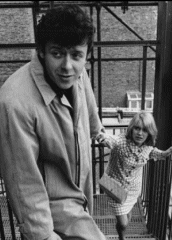 |
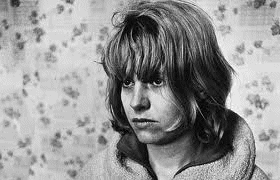 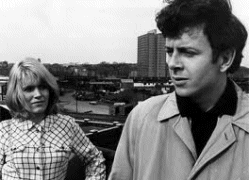 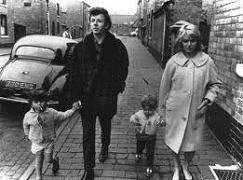 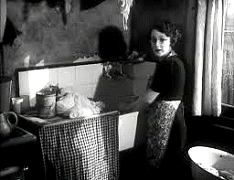 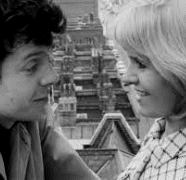
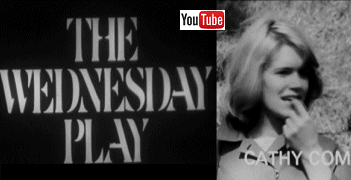   |
|
Article
Text
UK
web hosting by
|